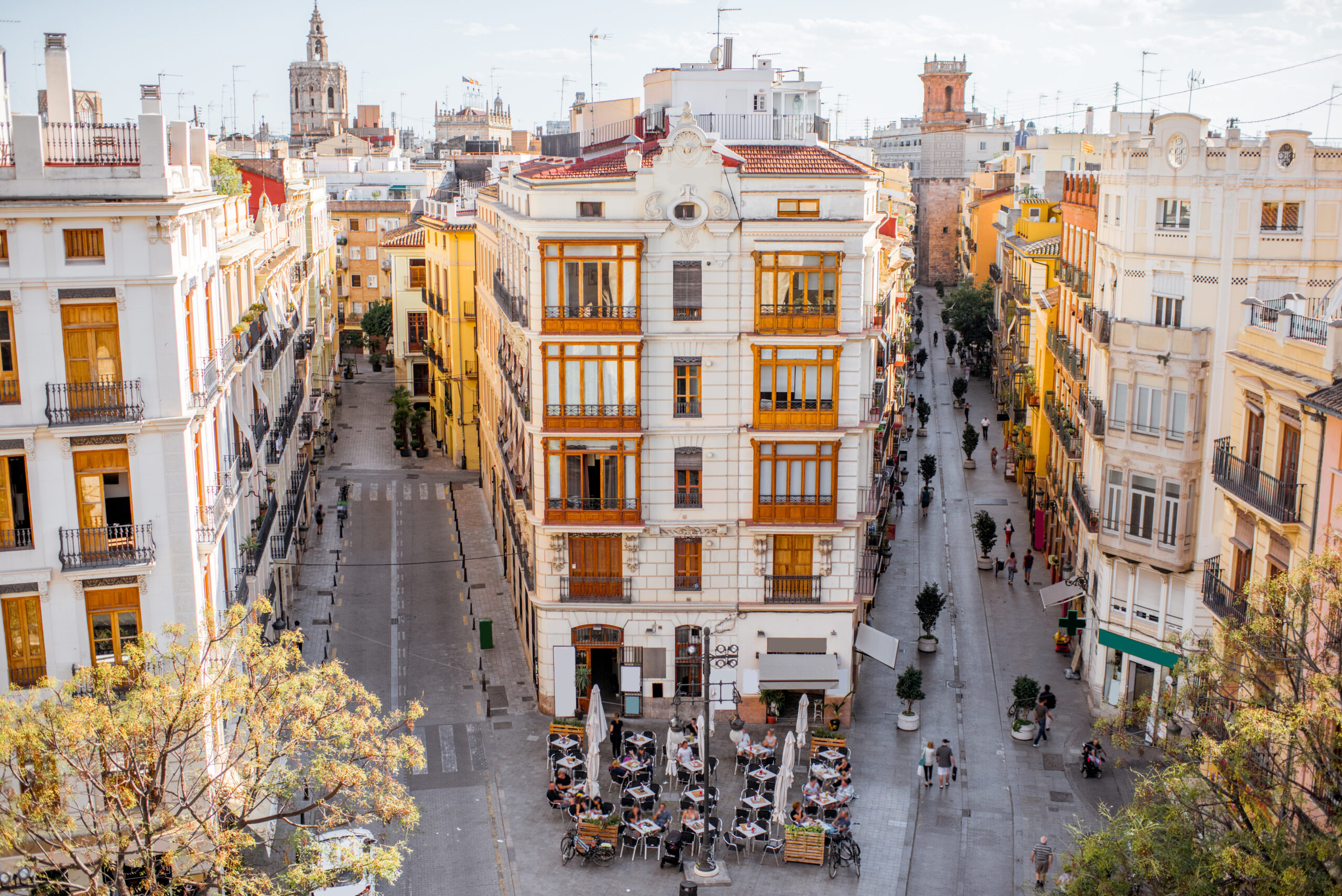Measures to address energy poverty in Almada, Barcelona, Valencia and Zaragoza

This event is part of a series of four online meetings (Peer-to-Peer webinars, running from October 2024 until April 2025) that involve the pilots of the Adaptation AGORA project, addressing key issues related to climate adaptation and citizen engagement. This series of events aims to foster the exchange of knowledge, resources, and methodologies that can facilitate public participation in Climate Adaptation Plans in different European cities, regions, and communities.
Date and Time
13 March 2025 | 10:00 to 11:30 CET
Summary
Energy poverty remains a pressing challenge in cities across Europe, affecting vulnerable communities and limiting access to essential energy services. To develop sustainable and inclusive solutions, municipalities must actively engage citizens in the design and implementation of energy poverty measures. But how can this be done effectively?
Following the first two events of the series, where we explored participatory experiences in Italy (Rome and Friuli Venezia Giulia) and the heatwave preparedness in Malmö and Valencia, a third Adaptation AGORA online peer-to-peer learning session took place.
With the help of representatives from the cities of Almada, Barcelona, Valencia, and Zaragoza we will focus on challenges and solutions to design a cross-sectoral energy poverty plan, and practical insights to successfully engage citizens in community energy initiatives.
Speakers
Representatives from each city will share their insights:
- Zaragoza:
- Eva-María Fernandez Simon – Environment, Climate Action and Public Health Office at Zaragoza City Council
- Cecilia Foronda – Energy and People Department at ECODES, Zaragoza
- Almada:
- Alexandra Castro – Climate and Energy Team at Almada City Council
- Rui Sebastian – Climate and Energy Team at Almada City Council
- Valencia:
- Pilar Jorda – València Clima i Energia, Valencia City Council
- Barcelona:
- Sergi Delgado – ALEB (Barcelona Local Energy Agency), Barcelona
Key Messages
The exchange was organised around three main topics, and below you can find the key messages and insights from the engaging discussion:
1. Designing a coherent and cross-sectoral energy poverty strategy:
- Zaragoza: the creation of a comprehensive strategy is hindered by challenges such as fragmented responsibilities, lack of harmonized data, and difficulty in integrating initiatives.
- Almada: to tackle bureaucratic and political barriers, the city formed an interdepartmental working group to delineate a five-step approach for 2025-2026, so to define objectives and a governance structure, collect relevant data and develop targeted interventions.
- Valencia: the city completed a draft of the Energy Poverty Strategy and conducted two working sessions sharing the preliminary version with internal departments and external actors, making sure to adapt the “energy language”.
- Barcelona: Energy Poverty goals and measures are integrated into the city´s Climate Action Plan, such as refurbishment initiatives, solar energy instalments and energy advisory points, with a clear climate justice and just transition angle.
2. How to gather data (especially about vulnerable groups) at the local level?
- Valencia: the city is building partnerships with NGOs, municipal statistics offices, and social services, including the Voluntary Manager Foundation and Caritas.
- Barcelona: the city relies on a network of energy advisory points and climate shelters, to provide direct assistance and to communicate the benefits of the Social Bond, offering discounts on energy bills.
- Milano: Cooling Centers, managed by the Red Cross, have been crucial to assist elderly people and to gather data on the impact of such centres. The city´s Urban Resilience Department is collaborating with C40 to conduct a Community Resilience Assessment of the Crescenzago neighborhood.
3. Engaging and empowering citizens through community energy initiatives:
- Valencia: through the EnerCMed project, the city is exploring combined solutions of energy communities and nature-based solutions to tackle energy poverty, aiming to involve NGOs, local associations, schools and social services in the creation of two renewable energy communities for vulnerable households.
- Zaragoza: the Oliver Energy Community successfully involved 50 participants from one of the city’s poorest neighborhoods, by including social organizations and local institutions in the Board of the energy community to be as close as possible to people.
- Barcelona: within the Sun4All project, the key to engaging people has been to build and keep trust, through community work and good information, but also by providing easy access to support. The city also developed a protocol to speed up all legal procedures and simplify bureaucracy in public housing buildings.
- Almada: within the Sun4All project, the key to motivating people has been to foster regular interaction, to focus on concrete benefits for the beneficiaries – for example with tailored training – and to manage expectations about the implementation timeline.
Conclusions and takeaways:
- Improved interdepartmental coordination plays a crucial role in enhancing data integration and monitoring.
- Political commitment and support remain fundamental in driving effective policies, ensuring long-term impact.
- Citizen engagement is vital, with community energy initiatives proving successful in fostering participation, engagement and trust.
- Robust data collection and integration are necessary to track progress, refine strategies, and ensure targeted interventions for vulnerable populations.
To learn more about the event and the discussion, please check out the article on the Adaptation AGORA website.
Useful Resources
- Energy Poverty Advisory Hub from the European Commission – Technical Assistance to local governments to address the root causes of energy poverty, promoting innovative solutions, and fostering collaboration between stakeholders.
- EnerCMed project, Valencia
- Zaragoza: Community Transformation Office, Municipal Advisory Office for the implementation of Energy Communities in Zaragoza
- Valencia: Energy Poverty report (in spanish) containing the indicators used.
- Community Resilience Assessment for Crescenzago in Milan, Italy + resources on the Climate Resilience Measurement for Communities (CRMC) methodology (contact: Emma Greer, C40)
- SUN4All project: Barcelona pilot and Almada pilot
- Toolkit for local governments and community led-initiatives – ICLEI Europe: this could be of interest, as involvement of local social actors was flagged as a key strategy for citizen engagement in many of the case studies present during the session
- Ludwigsburg (Germany) case study of balcony PV installation (INCLU:DE project): city profile; case study description
- Interreg Project ALDA (European Association for Local Democracy) dedicated to the promotion of good governance and citizen participation at the local level (contact: Alice Fantin)
- Cascais Green Fund for Families: program that will provide individual families up to 10,000eu of financial support for implementing sustainable energy measures like heat pumps, thermal insulation, new windows, solar thermal systems and beyond. Its support percentage is based on the family’s tax bracket, with lower-income families recieving the most help (up to 100% costs pre-financed). This applies to both home owners and tenants. Here also a video about the Energy Transition Fund.



Comments
There is no content